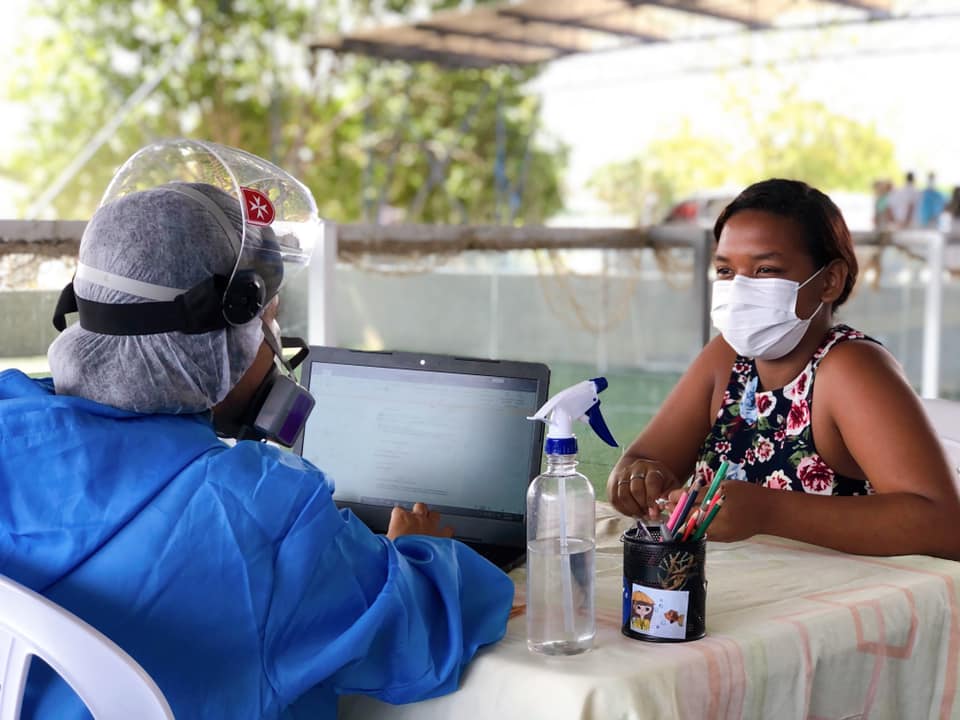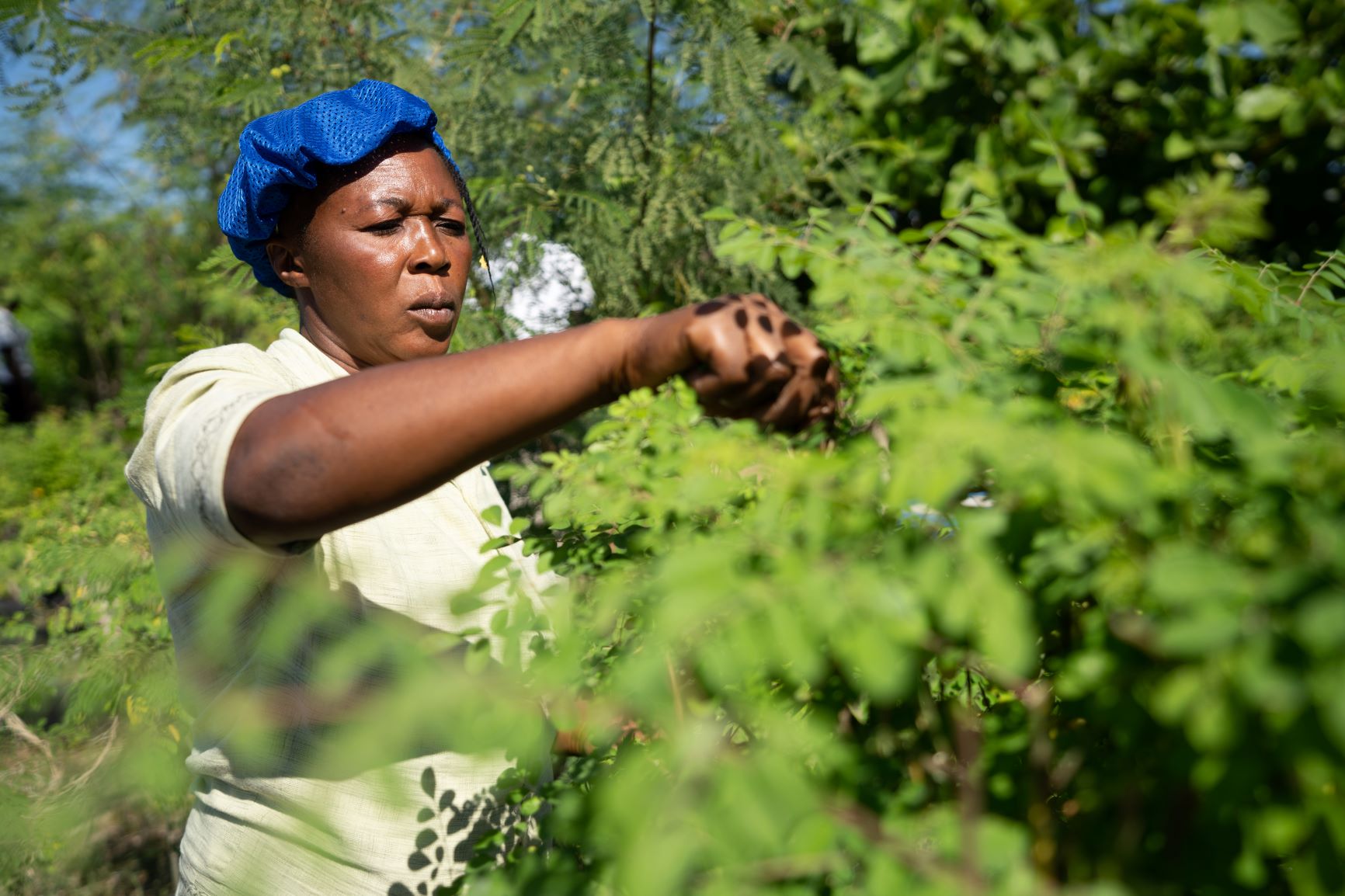South America
Colombia: Bridging Gaps in Health for Venezuelan Migrants & their Host Communities – PRM
Quick Stats:
Objective: This project works to sustainably bridge the gaps in primary and secondary healthcare, including mental health, for Venezuelan refugees, migrants, and Colombian returnees, with a focus on their multi-ethnic host communities.
Donor: U.S. Bureau of Population, Refugees, and Migration (PRM)
Location: Colombia, La Guajira Department, municipalities of Riohacha, Maicao, Fonseca, San Juan del Cesar, Manaure, Dibulla
Number of Individuals Benefitting: 425,500 (direct + indirect)
Local Partner: Anashiwaya Institución Prestadora de Salud Indígena (IPSI Anashiwaya) – an Indigenous, woman-led healthcare provider in La Guajira, Colombia.
Why MI Americas is Here:
This program, with generous funding from the U.S. State Department’s Bureau of Population, Refugees, and Migration (PRM), works to bridge critical gaps in healthcare service delivery for Venezuelan refugees, migrants, with a focus on their multi-ethnic host communities in Colombia. Reducing or removing barriers to primary and secondary health care services is essential to ensuring that vulnerable populations, such as migrants and refugees from Venezuela, and Colombian returnees – many of whom are pregnant women and single mothers, Indigenous communities, and persons with disabilities – get the healthcare they deserve.
Designed with a differential approach, this program seeks to increase local capacities of an overwhelmed national health sector through training, capacity-building and support, while also increasing access to mental health care services. We’ll work towards these objectives through:
- Providing mobile and fixed healthcare consultations (including mental health) in seven communities in La Guajira (e.g. strengthening COVID-19 prevention and immunization, and providing physical therapy for persons with disabilities)
- Provide training and capacity-building for national actors to strengthen healthcare institutions at local level.
- Mainstreaming protection for vulnerable groups who have traditionally had difficulty accessing certain services (e.g. Venezuelan women and teenage females seeking mental health support)
Latest Highlights:
Since the project began in September 2021, Malteser International Americas, along with its local partners, has been able to provide:
- 15,950 medical consultations
- 60 healthcare professionals/administrators with training on providing health services to the population
- 14,573 individuals received information trainings on health-related services
- 4,438 mental health consultations
- 117 persons from local health, social service, and community facilities received training in identifying mental health disorders
The Big Picture:
Colombia continues to be the country most affected by the outflow of migrants and refugees from Venezuela. In 2021, 5.1 million individuals were projected to be affected. Of those, 4.8 million are in need (Venezuelans, Colombian returnees, and host communities who welcome both populations into their homes). As a result of the deteriorating situation in Venezuela, many of the 1.8 million arriving or returning to Colombia have no formal protections, which inhibits them from accessing healthcare services (among others), exponentially increasing their vulnerability in addition to a complex array of threats.
A landmark decision enacted by the Colombian government last year, the Estatuto Temporal de Protección para Migrantes Venezolanos (ETPV), granted Venezuelan migrants and refugees a temporary permit to remain in the country for up to 10 years. The ETPV would provide legal protection, and thus safe and legal access to the country’s healthcare system, but it is also a massive administrative undertaking, and will take time to be fully implemented.
Malteser International Americas, along with its local partners, is working to bridge these existing gaps throughout the national health sector at the local level, focusing our efforts in the northernmost department of La Guajira.
La Guajira + Vulnerabilities
A staggering 8.6% of the incoming population from Venezuela (149,575 individuals) are concentrated in two municipalities (Riohacha and Maicao) in La Guajira, one of Colombia’s poorest departments. Here, over 53% of the population lives in poverty.
Over 90% of the communities who welcome Venezuelan migrants and refugees, and Colombian returnees, have been affected by Colombia’s internal armed conflict (which is one of the longest-lasting in the Western Hemisphere), and increasing security concerns continue to hamper the daily lives of the local population.
Resulting from deteriorating natural resources and a high vulnerability to natural disasters, the population also suffers from food insecurity and high rates of malnutrition.
COVID-19 has also disproportionately affected these vulnerable populations. Since 2020, the need for mental health (including psychiatric) services has increased, and cases of gender-based violence, xenophobia, and stigmatization have increased at alarming rates. Additionally, La Guajira’s maternal mortality rate is three times the national average.



